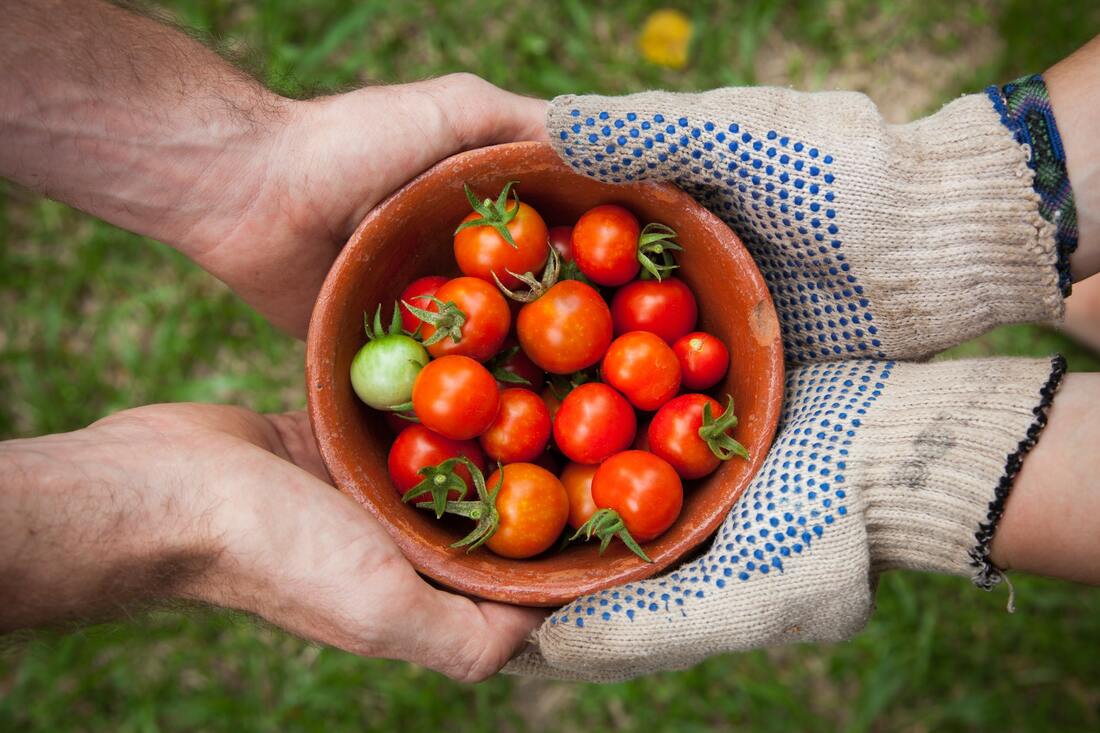|
Discover examples of generous actions and how to become more generous. Generosity is voluntary, unselfish giving of time, money, attention, or other resources; generous people are especially willing to share their resources with others. Although a generous gift can benefit the giver, it’s mainly intended to benefit the recipient, and there isn’t necessarily any expectation of a return. The term “generosity” characterizes both the act of giving and the spirit of the gift. Generous acts can be as dramatic as anonymously donating millions of dollars to a hospital or as mundane as volunteering an afternoon at an animal shelter. Generosity, especially anonymous generosity that probably won’t be reciprocated, may seem irrational under evolutionary psychology. This behavior may have evolved, however, to promote cooperation in uncertain conditions (where it’s unclear whether a single meeting will blossom into a steady relationship) (Delton, Krasnow, Cosmides, & Tooby, 2011). One (extreme) example of generosity is anonymously donating a kidney to a stranger. Here are some more examples:
How to Be a More Generous PersonYou can incorporate generosity into your life in many ways. It’s important to find a generosity practice that works for you and fits into your budget and schedule–you don’t have to deprive yourself or give up your boundaries to practice generosity. Equally, there’s no rule that you can’t benefit from your generosity toward others. Here are several strategies you can try to practice more generosity:
In SumWhenever you offer your valuable resources primarily to benefit someone else, you are practicing generosity. You can be generous with time, money, possessions, attention, influence, and anything else you value. Generosity doesn’t have to be a sacrifice–instead, it can be a win-win situation that helps everyone involved, strengthens relationships, and makes the world (even a little bit) brighter. References
Comments are closed.
|
AuthorPamela (Pami) Parker currently serves as a holistic practitioner, coach and teacher. Her intention is to be a compassionate guide to those who choose to experience a healthier, happier and more peaceful way of life. Categories
All
|
Company Details
The Self-Care Cafe is a member of The Conscious Center
Dutch Chamber of Commerce (KvK) Registration #64532593
Taxation (VAT) Number: NL670496157B01
Privacy Policy
The Self-Care Cafe is a member of The Conscious Center
Dutch Chamber of Commerce (KvK) Registration #64532593
Taxation (VAT) Number: NL670496157B01
Privacy Policy

